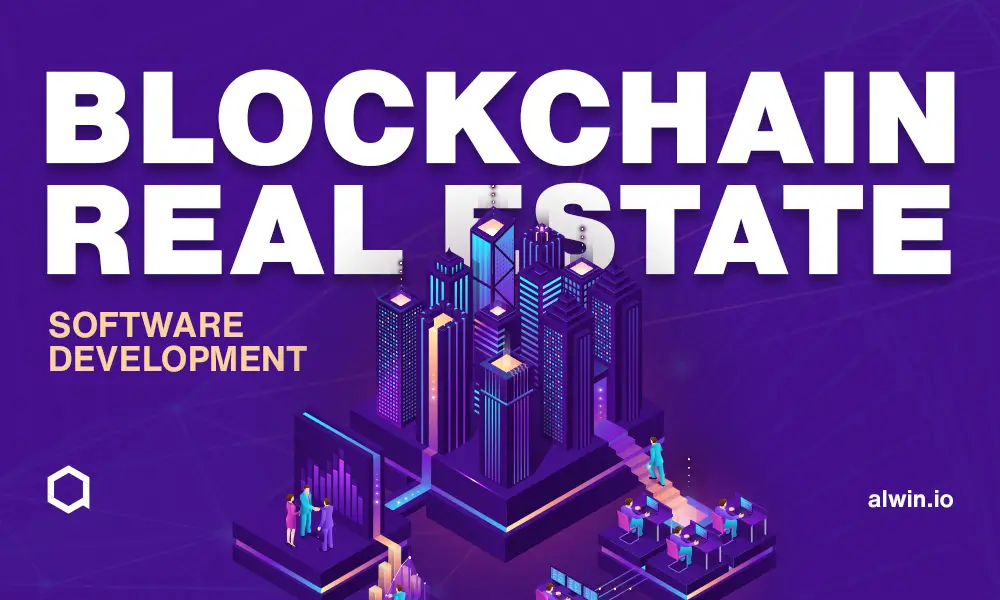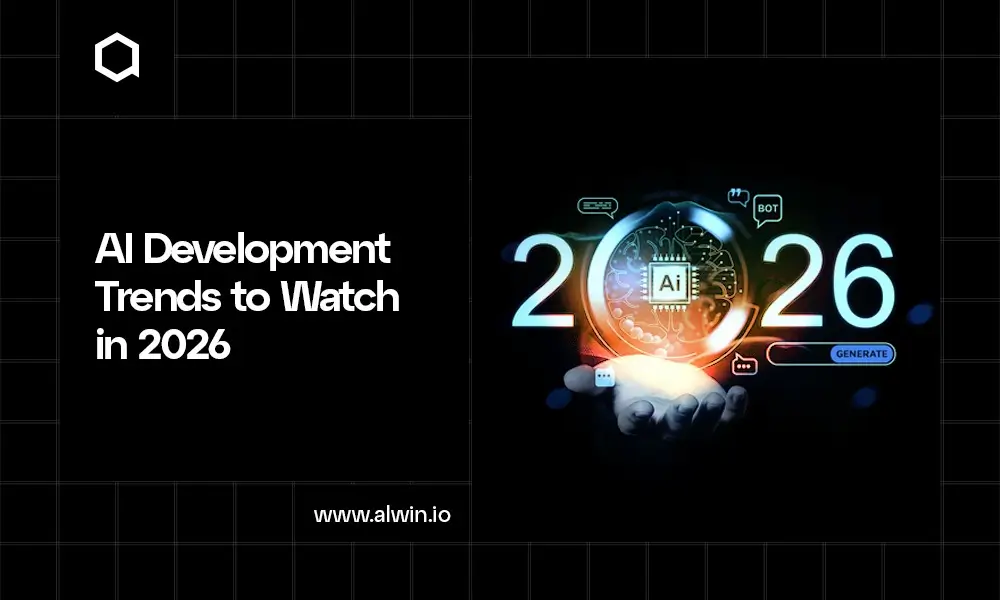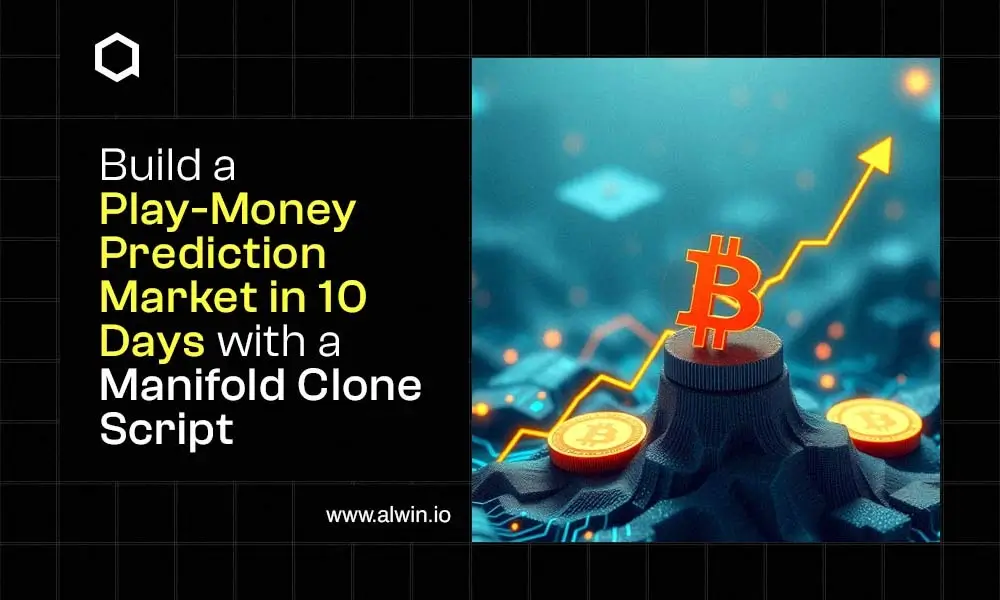If you’ve been keeping an eye on real estate tech trends, you already know that blockchain is no longer just a buzzword; it’s a defining point. From tokenized property ownership to smart contracts replacing mountains of paperwork, blockchain is transforming how deals are done, assets are managed, and trust is built in the real estate world.
Now, if you're thinking about jumping into this booming market with your own blockchain real estate platform, the big question is: how much will it cost in 2025? And that's exactly what we're diving into today.
The cost depends on what you want to build, the features you need, and how ready you are to scale. In this blog, we’ll break down the real costs, hidden factors, and smart ways to get maximum value for your investment.
Curious about turning your real estate software into a blockchain-powered reality? Let’s get into it!
Why are Real Estate Businesses Moving Towards Blockchain?
The real estate industry has always been built on trust, paperwork, and a lot of back-and-forth between agents, buyers, sellers, and third parties. But in today’s fast-moving, tech-driven world, businesses are realizing that the old ways aren’t fast enough, secure enough, or transparent enough anymore. That’s why more and more real estate businesses are turning to blockchain technology.
Blockchain brings something that traditional systems can’t trust without a middleman. With blockchain, property transactions can be recorded on an unchangeable digital ledger, making every deal transparent, traceable, and secure. There’s no need to worry about forged documents, title disputes, or hidden ownership histories, everything is verified and locked into the chain.
Another huge reason? Smart contracts. These self-executing contracts automate everything from escrow services to payment releases, drastically cutting down transaction times and eliminating the need for expensive intermediaries. What used to take weeks of paperwork and lawyer fees can now be completed in a few clicks.
Blockchain also opens the door to fractional property ownership, allowing businesses to tokenize assets and let multiple investors own a piece of real estate, making investing more accessible and liquid than ever before.
At the end of the day, real estate businesses are moving towards blockchain because it makes the entire process faster, cheaper, safer, and more accessible. It’s not just innovation for innovation’s sake, it’s a smarter, more efficient way to do business in a world that demands speed, security, and transparency.
Factors That Influence the Cost of Blockchain Real Estate Software Development
When it comes to building a blockchain real estate platform, there’s no one-size-fits-all answer to how much it’s going to cost. The final price tag depends on what you want your platform to do, how advanced you want it to be, and how customized you need it. Some businesses can launch with a lean, feature-light MVP, while others need a full powerhouse platform loaded with all the bells and whistles.
Let’s walk through the major factors that directly influence the cost of blockchain real estate software development:
1. Type and Complexity of the Platform
The more features you want, the higher the cost. Are you building a simple property listing portal on blockchain, or a full-fledged property tokenization and trading platform? Platforms that include complex features like smart contract-enabled escrow services, real-time asset tokenization, or decentralized property auctions require significantly more development hours and, therefore, a bigger budget.
2. Choice of Blockchain Network
Not all blockchains are created equal. Choosing networks like Ethereum, Polygon, Solana, or a private Hyperledger setup affects your costs. Public blockchains may involve higher transaction (gas) fees but offer broader market reach, while private blockchains require a customized setup but offer greater control and lower operational costs in the long run.
3. Smart Contract Development
Smart contracts are the backbone of blockchain-based real estate transactions. Building, auditing, and deploying smart contracts securely requires specialized blockchain developers, and smart contract auditing is essential to prevent vulnerabilities. The more complex your business logic (like rental agreements, fractional ownership, or auto-payments), the more it will cost to build and secure these smart contracts properly.
4. Integration with External Systems
Do you want your platform to talk to banks for payments, identity verification systems (KYC/AML), property registries, or third-party real estate listing APIs? The more integrations you need, the higher the development time and complexity. Seamless, secure integrations with external services significantly improve the platform—but also add to development time and budget.
5. User Interface (UI) and User Experience (UX) Design
A clean, intuitive platform that’s easy for users to navigate is crucial, especially in real estate where clients may not be tech-savvy. Custom UI/UX design tailored for real estate buyers, investors, and agents can increase costs but also massively boost platform success. Advanced features like 3D property tours, AI chatbots, and personalized dashboards will further impact your budget.
6. Security Features
Blockchain is secure by nature, but real estate deals involve high-value transactions, so extra security layers are a must.
Expect additional costs for
Data encryption
Multi-signature wallets
Two-factor authentication
Real-time security monitoring
Smart contract auditing
Investing in security upfront saves you far more than dealing with breaches later.
7. Development Team Location and Expertise
Hiring a top blockchain development company from regions like North America or Western Europe will cost significantly more than working with talented teams in Eastern Europe, Asia, or Latin America. Expertise matters too; blockchain developers with experience in real estate-specific projects command higher fees because they already know the pitfalls and can deliver faster and better.
8. Post-Launch Maintenance and Updates
Software development doesn’t stop at launch. Real estate platforms need regular updates for security patches, blockchain upgrades, feature enhancements, and scaling as user numbers grow. Always factor post-launch support and ongoing maintenance into your budget.
Customization, Complexity, and Careful Planning Drive the Costs
If you’re aiming for a basic blockchain-enabled real estate listing site, your development cost will be lower. But if you dream bigger with property tokenization, global investor onboarding, automated smart contract transactions, and a world-class user experience, the cost rises, and so does the potential reward.
A well-planned investment today can future-proof your real estate business for years to come and blockchain is the key to making it happen.
Cost of Blockchain Real Estate Software in 2025
If you’re seriously thinking about launching your blockchain real estate platform in 2025, one of the first questions you’ll have is How much will it cost? Well, the honest answer is: it depends on what you want to build. But don't worry, let’s break it down clearly so you can get a realistic idea.
Basic Blockchain Real Estate Platform (MVP Version)
If you're starting with a simple platform, say, property listings on blockchain with basic smart contracts for escrow, you’re looking at an estimated development cost between $30,000 to $60,000.
This would typically include:
Basic property listing functionality
Simple smart contract integration for transactions
Basic user dashboard
Wallet connection (like MetaMask or custom)
Admin panel to manage listings and users
Basic KYC/AML support
Mid-Level Blockchain Real Estate Platform (Tokenization Focused)
For a more advanced platform offering property tokenization (fractional ownership), secondary trading, automated smart contracts, and a stronger user experience, the cost generally falls between $70,000 to $150,000.
This would include:
Smart contracts for property tokenization
Investor dashboards
Secondary marketplace for trading tokens
Automated escrow and settlement services
Advanced KYC/AML integrations
Payment gateway integration (crypto and/or fiat)
Modern, responsive UI/UX design
Private or hybrid blockchain network setup (if needed)
Perfect for businesses targeting serious real estate investment opportunities with blockchain at the core.
Enterprise-Grade Blockchain Real Estate Platform (Full Ecosystem)
If you’re building a large-scale, enterprise-level platform supporting international property listings, token sales, auctions, rental management, compliance across jurisdictions, and real-time analytics, the costs can range from $200,000 to $500,000+.
At this level, you’re looking at:
Highly customized smart contracts
Multichain support (Ethereum, Polygon, Solana, BNB Chain, etc.)
AI-powered recommendation engines
Legal document generation and digital signing modules
Global payment integrations (crypto & traditional banking)
Deep cybersecurity layers
Ongoing post-launch support, scaling, and regulatory compliance tools
Ideal for corporations, investment groups, or ambitious startups planning to disrupt traditional real estate markets globally.
What Additional Factors Can Influence the Cost?
Choice between public and private blockchain networks
Smart contract auditing by external security firms
Amount of third-party integrations (payment systems, property databases, etc.)
Number of user roles (agents, buyers, admins, legal teams, investors)
Level of ongoing support and upgrades required post-launch
Regional developer costs (developers in North America and Europe charge higher rates than those in Asia or Eastern Europe)
Planning Your Blockchain Real Estate Platform in 2025 Starts Here
If 2025 is your year to step into the future of real estate, blockchain software is your ultimate power move. Whether you’re aiming for a simple property listing platform, a full-on tokenization marketplace, or a real estate investment empire, understanding the real costs upfront helps you plan smarter and launch stronger.
As you’ve seen, the price tag depends on how deep you want to go: from a $30,000 basic MVP to a $500,000+ enterprise-grade system packed with smart contracts, AI, and global trading capabilities. But here’s the good news: no matter your budget, there’s a way to start, scale, and succeed with real estate tokenization platform development in today’s market.
The opportunities are growing, investor demand is rising, and blockchain is making real estate more accessible, transparent, and profitable than ever. The only question is: will you be part of the new wave, or watch from the sidelines?
Final Thoughts
In 2025, blockchain real estate platforms aren’t just fancy tech projects, they are full-scale business models with massive earning potential. The more strategic and scalable your platform is from the start, the bigger your opportunity to dominate your niche.
Whether you’re starting lean or aiming to build a next-gen real estate empire, blockchain can help you get there, and knowing the real costs is the first step toward making it happen.
Ready to plan your project smartly? Let’s build it the right way.



